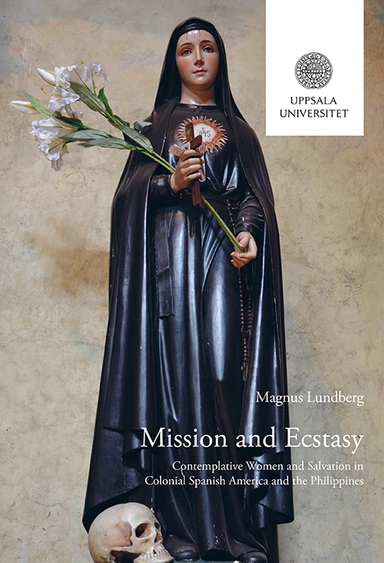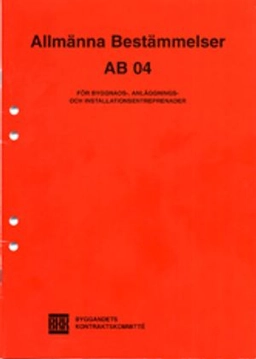

Mission and Ecstasy: Contemplative Women and Salvation in Colonial Spanish America and the PhilippinesVolym 115 av Studia missionalia Svecana, ISSN 1404-9503Upplaga 1
- Upplaga: 1a upplagan
- Utgiven: 2015
- ISBN: 9789150624434
- Sidor: 270 st
- Förlag: Uppsala Universitet
- Språk: Engelska
Om boken
Åtkomstkoder och digitalt tilläggsmaterial garanteras inte med begagnade böcker
Mer om Mission and Ecstasy: Contemplative Women and Salvation in Colonial Spanish America and the PhilippinesVolym 115 av Studia missionalia Svecana, ISSN 1404-9503 (2015)
2015 släpptes boken Mission and Ecstasy: Contemplative Women and Salvation in Colonial Spanish America and the PhilippinesVolym 115 av Studia missionalia Svecana, ISSN 1404-9503 skriven av Magnus Lundberg. Det är den 1a upplagan av kursboken. Den är skriven på engelska och består av 270 sidor. Förlaget bakom boken är Uppsala Universitet.
Köp boken Mission and Ecstasy: Contemplative Women and Salvation in Colonial Spanish America and the PhilippinesVolym 115 av Studia missionalia Svecana, ISSN 1404-9503 på Studentapan och spara pengar.
Referera till Mission and Ecstasy: Contemplative Women and Salvation in Colonial Spanish America and the PhilippinesVolym 115 av Studia missionalia Svecana, ISSN 1404-9503 (Upplaga 1)
Harvard
Oxford
APA
Vancouver



















